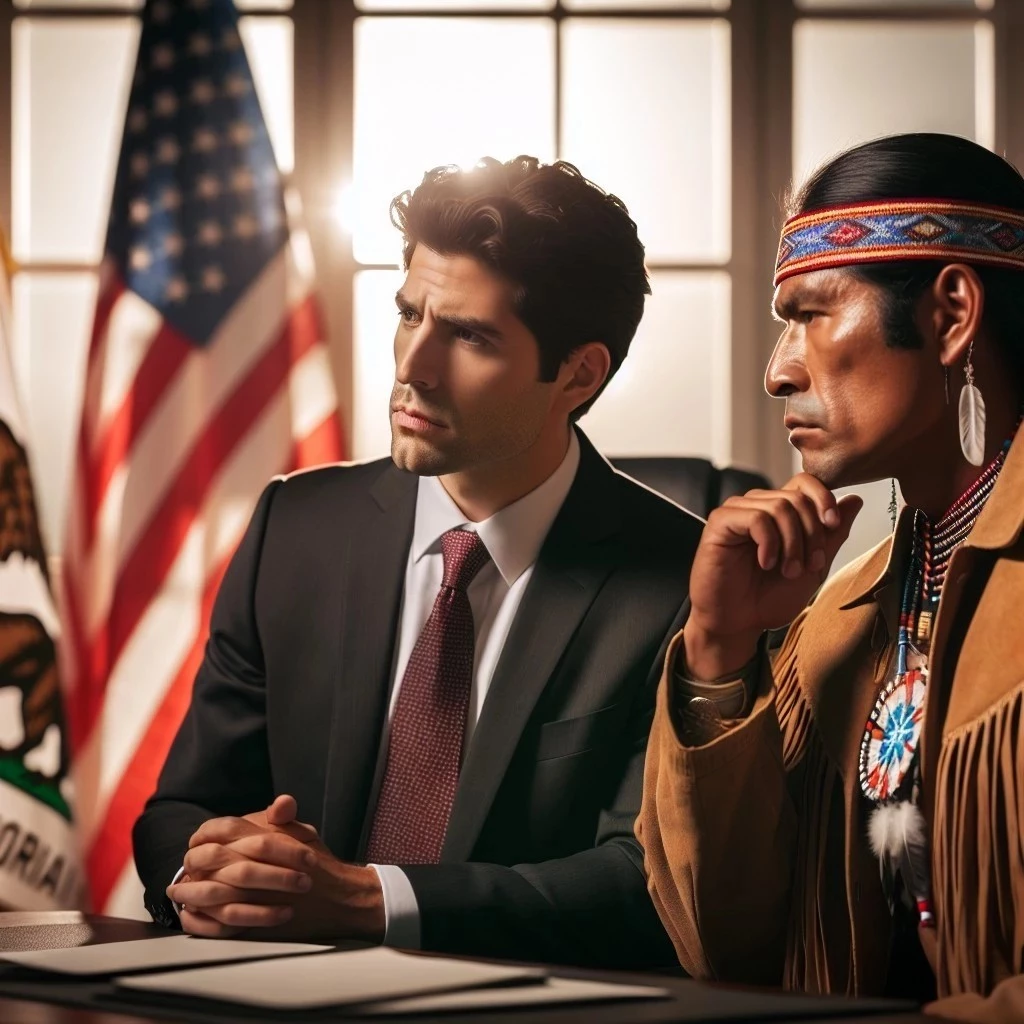Discover the key issues stalling California’s tribal gaming negotiations. Explore the impact on tribal sovereignty, economic growth, and revenue sharing.
Impasse in California Tribal Gaming Compact Negotiations
Wellcome Offer:
200% up to $2,000
+ 100 Free Spins
The winnings from your free spins will be credited as bonus funds. Exclusively available for new players with fair wagering requirements.
Wellcome Offer:
250% Bonus up to $5,000
+ 100 Free Spins
Claim your bonus and spin your way to big wins! Minimum deposit of $20 required. Wagering requirements apply. Bonus valid for 30 days.
Get up to:
100% up to $1,000
+ 300 Free Spins
You need to deposit at least $25 to be eligible for this bonus. The maximum amount of money you can withdraw from this bonus is limited to $20,000 or 10-times.
Welcome Package:
500% up to $5,000
+ 250% on your 2nd and 3rd deposits
This welcome package rewards new players across their first three deposits. A minimum deposit of $25 applies, with a wagering requirement of 60x before withdrawals.
Wellcome Offer:
250% up to $1,500
+ 100 free spins
Whether you prefer generous deposit bonuses or a bundle of free spins, Cafe Casino’s welcome offer has everything you need to enhance your gaming adventure.
Wellcome Offer:
500% bonus up to $7,500
+ 150 free spins
If you're after big deposit bonuses or a load of free spins, Ducky Luck Casino’s welcome package sets the stage for an exciting gaming adventure.
Welcome Offer:
200% up to $2,000
+ 100 Free Spins
This welcome package combines a deposit match with free spins, giving new players a powerful way to kick off their VoltageBet journey.
Wellcome Offer:
200% up to $1,000
+ 30 free spins
Lovers of slot games and those looking to boost their deposit will find Slots LV Casino’s welcome offer the perfect way to jumpstart their gaming journey.
Wellcome Offer:
200% up to $500
+ Free Spins
Terms typically include standard wagering requirements and a limited validity period. Offers vary by deposit method and player eligibility.
Wellcome Offer:
250% up to $1,500
+ 50 Free Spins
All winnings from free spins are credited as bonus funds, with fair wagering requirements. Exclusive to new players.
The ongoing negotiations between Native American tribes and the California state government have reached a critical impasse. The stalled talks on gaming compacts have significant implications for both parties involved, highlighting issues related to tribal sovereignty, economic development, and revenue allocation.
Background on Tribal Gaming Compacts
Tribal gaming in California has been a cornerstone of economic development for many Native American tribes. These tribes operate under gaming compacts—legally binding agreements that allow them to run casino operations on sovereign lands. In exchange, tribes often enter into revenue-sharing agreements with the state, which help fund state-wide initiatives.

Current State of Negotiations
The negotiations between the tribes and the state have encountered significant challenges, resulting in a stalemate. Key sticking points include the distribution of financial contributions and how revenue is allocated. The Governor’s office and tribal representatives have been unable to reach a consensus, exacerbating legal and regulatory issues.
Legal Disputes and Sovereign Rights
The impasse has led to legal disputes concerning sovereign rights and the extent of state oversight over tribal gaming activities. Tribes assert their sovereign rights to self-governance, while the state seeks to ensure that casino operations align with state laws and regulations.
Economic Impact
The stalled talks have significant economic impacts. Tribal casinos generate substantial revenue, contributing to both tribal welfare and the state’s economy. Delays in reaching an agreement could affect funding for public services and hinder economic development opportunities for the tribes.
Role of Legislative Approval and Mediation Efforts
Any new or renewed gaming compacts require legislative approval. The deadlock in negotiations has prompted calls for mediation efforts to bridge the gap between the tribes and the state. Such efforts could facilitate a mutually beneficial arrangement that respects tribal autonomy while ensuring fair revenue-sharing agreements.
Path Forward
For a resolution to be achieved, both parties must engage in open dialogues and negotiations that respect the unique sovereign rights of the tribes and the regulatory responsibilities of the state. The outcome of these talks will likely set precedents for agreement renewal and future dealings in the gaming industry.
As the situation unfolds, stakeholders, including tribal leaders, state officials, and the public, await a resolution that balances the diverse interests involved and promotes sustainable economic development.

























